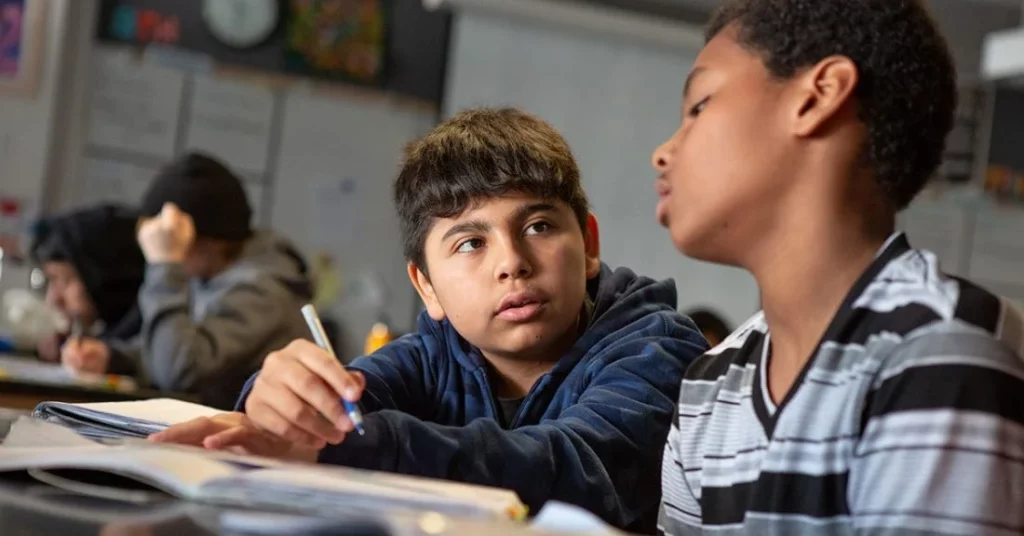A lack of mental health services for adolescents in Latino and African American communities elevates their risk of developing depression. With support from the Annie E. Casey Foundation, DePaul University Clinical Psychology Professor Antonio Polo is evaluating and expanding the use of Act and Adapt, a program that identifies middle schoolers in Chicago’s public school system who are showing signs of depression or anxiety and offers resources to help, including skills to manage day-to-day stressors. With the help of an online platform, the program will reach school districts outside Chicago during the 2021-2022 school year. One of those systems will be the Providence Public School District, where CYC, formerly known as the Providence Children and Youth Cabinet, is adding Act and Adapt to its suite of evidence-based prevention programs as part of the Foundation’s Evidence2Success® framework.
RECOGNIZING THE NEED FOR MENTAL HEALTH SERVICES IN UNDERSERVED ADOLESCENTS
“Rates of depression rise steeply around early adolescence,” says Polo. “Once you have a problem with depression and anxiety, it often takes years to be addressed. Programs like Act and Adapt get a jump on helping students deal with this.”
Implementing Act and Adapt in the Chicago Public School (CPS) district — the country’s third largest school system, serving about 350,000 students — meant that Polo could bring mental health services to students who might not otherwise have access to them, including low-income African American and Latino families, as well as immigrant families. One study found that Latino adolescents were 53% less likely and African American adolescents were 87% less likely than their white, non-Hispanic peers to receive treatment for depression.
“Our support of Act and Adapt furthers our mission to build evidence-based programs and practices that focus on communities of color and improve outcomes for children, youth and families,” says Ilene Berman, a senior associate in the Casey Foundation’s Evidence-Based Practice Group. “When young people’s mental health needs are met and they develop coping skills to deal with the pressures in their lives, they are much more able to thrive in school and beyond.”


Recent Comments